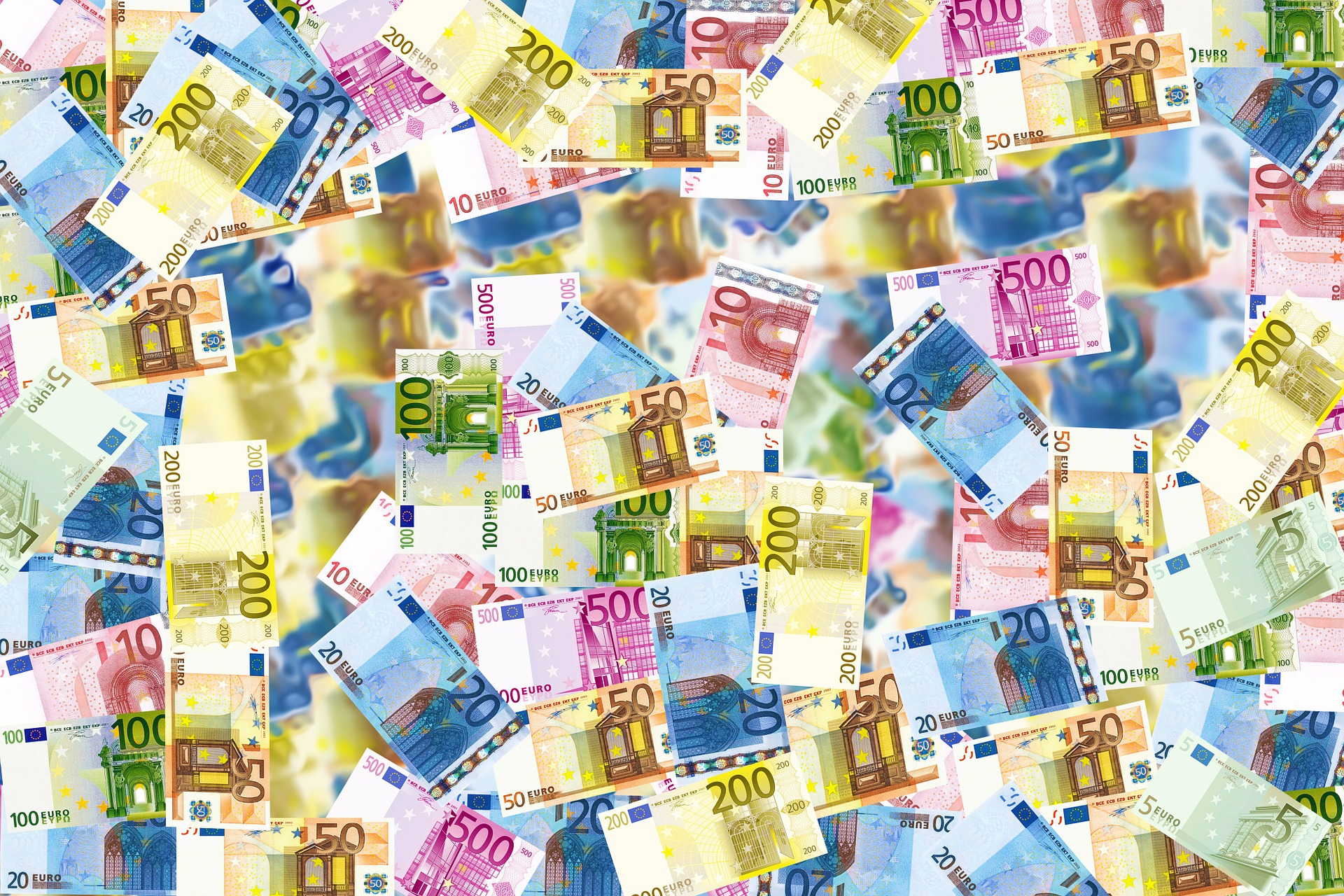EQUITIES
Major indexes in Asia-Pacific dropped on Monday, with European markets also set for lower open in a big week for earnings and monetary policy.
Japan's Nikkei 225 fell after rising for seven straight days, was down 0.83%, retreating from a six-week high marked on Friday.
The Hang Seng index in Hong Kong fell 1.04%, and mainland China markets were also lower. The Shanghai Composite slipped 0.72%.
In South Korea, the KOSPI bucked the trend to rise 0.25%, while in Australia, the S&P/ASX 200 was about flat.
Britain’s FTSE 100 is seen around 29 points lower at 7,247, Germany’s DAX is expected to shed around 83 points to 13,171 and France’s CAC 40 is set to drop by around 40 points to 6,177.
OIL
Oil prices gave up early gains to drop on Monday, under pressure due to growing worries that aggressive rate rises by the U.S. Federal Reserve will slow the global economy and reduce fuel demand.
Brent crude futures for September settlement had fallen 0.92%, to $102.66 a barrel, down for a fourth day. While the U.S. WTI crude futures for September delivery slid 1.08%, to $94.02 a barrel, also down for a fourth day.
The market has seen bouts of volatility recently, characterised by sharp swings and low liquidity, as traders juggle competing supply and demand outlooks.
CURRENCIES
The U.S. dollar index was at 106.669 on Monday, on a firm footing as traders brace for a sharp U.S. interest rate hike this week and look for safety as data points to a weakening global economy.
The 10-year U.S. Treasury yield meanwhile was little changed at 2.781%, hovered near eight-week lows after sliding from as high as 3.083% over the previous two sessions.
Bitcoin weakened below $22,000, reflecting the cautious mood across assets.
GOLD
Gold prices was slightly lower as investors braced for a 75-basis-point interest rate hike by the U.S. Federal Reserve this week.
Spot gold slipped 0.14% on Monday at $1,724.80 per ounce. It had hit a more than one-week high on Friday. U.S. gold futures eased 0.28% to $1,722.60 per ounce.
Spot silver was steady at $18.58 per ounce, platinum eased 0.2% to $871.43, and palladium slipped 1.5% to $2,001.62.
ECONOMIC OUTLOOK
Asian stocks lost ground on Monday, as concerns about a global economic downturn put the brakes on a recent return to risk-on sentiment for investors. The European markets also set for lower open in a big week for earnings and monetary policy.
Investors have shifted to betting that ebbing economic expansion, and possibly even a recession, will moderate high inflation and soften the current cycle of monetary tightening that’s roiled global markets in 2022.
Much of this week’s focus will centre around the U.S. Federal Reserve’s two-day policy meeting, concluding on Wednesday, with economists broadly expecting a 75-basis point hike to interest rates by the central bank.
The European Central Bank last week joined its global peers in the fight against soaring inflation as it raised interest rates by 50-bps and is expected to raise rates until inflation falls back to its 2% target.
The biggest week of the earnings season also will keep investors heads on a swivel, as several of the powerhouse names are due to report. Microsoft, UPS, Google, Meta, Apple, Amazon, Boeing, and Pfizer are due this week in the U.S., while in Europe, UBS, Unilever, LVMH, Credit Suisse, Deutsche Bank, Daimler, Shell, Barclays, Nestle and Renault among the major players reporting. Notable earnings due before the bell on Monday include Ryanair, Vodafone, Philips, Faurecia and Julius Baer.
On the data front, German retail sales and the Ifo business climate index for July are expected mid-morning. While throughout the week, consumer confidence, new and pending home sales, durable goods orders, personal income and spending, and U.S. Q2 GDP are due. Within the Asia-Pacific region, advance estimates for South Korea’s GDP will be out Tuesday and Australia reports inflation data Wednesday.
Over the weekend, the World Health Organization declared monkeypox a global health emergency. The WHO chief Tedros Adhanom Ghebreyesus made the decision to issue the highest alert, though he said it is unlikely to disrupt global trade or travel at the moment.













